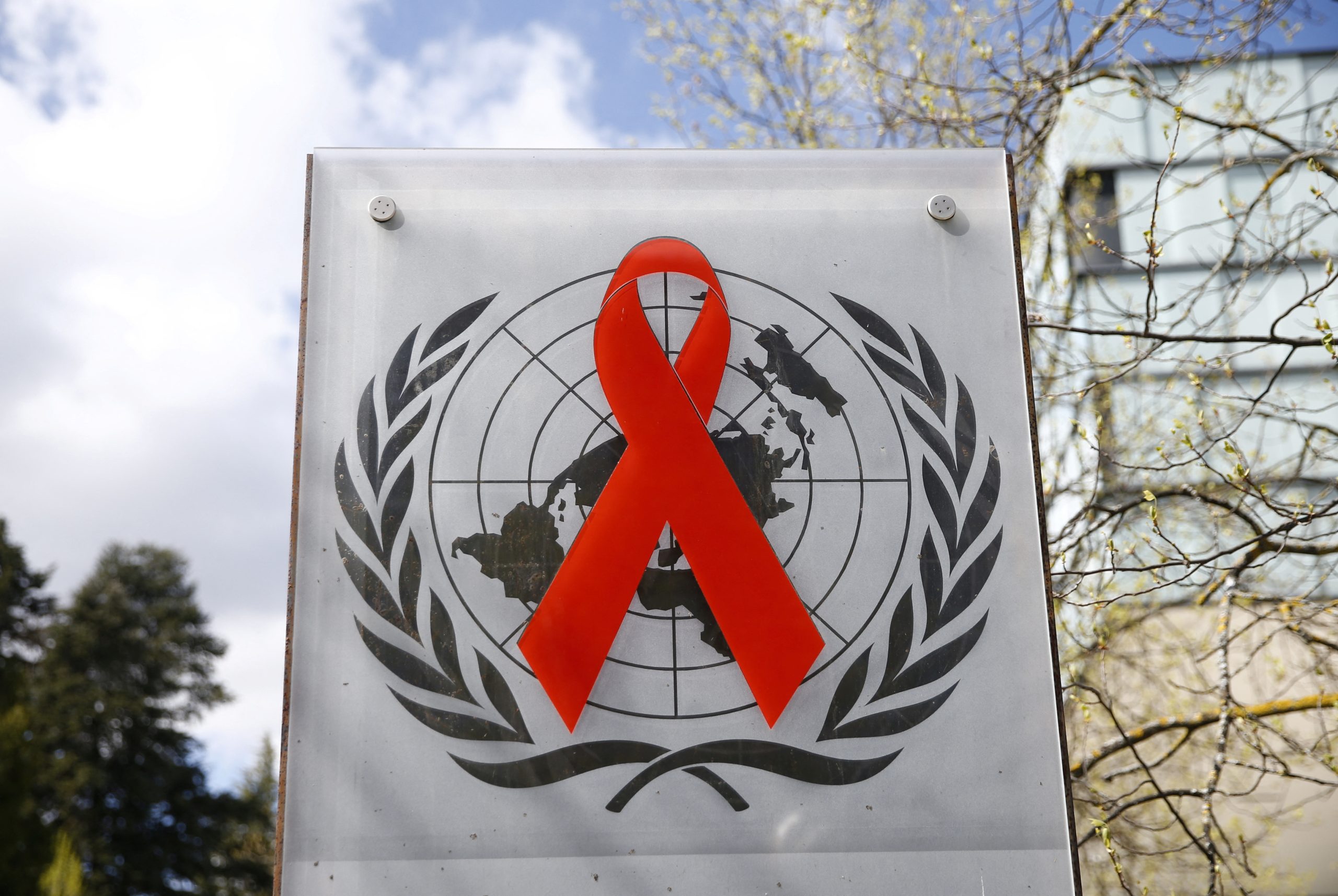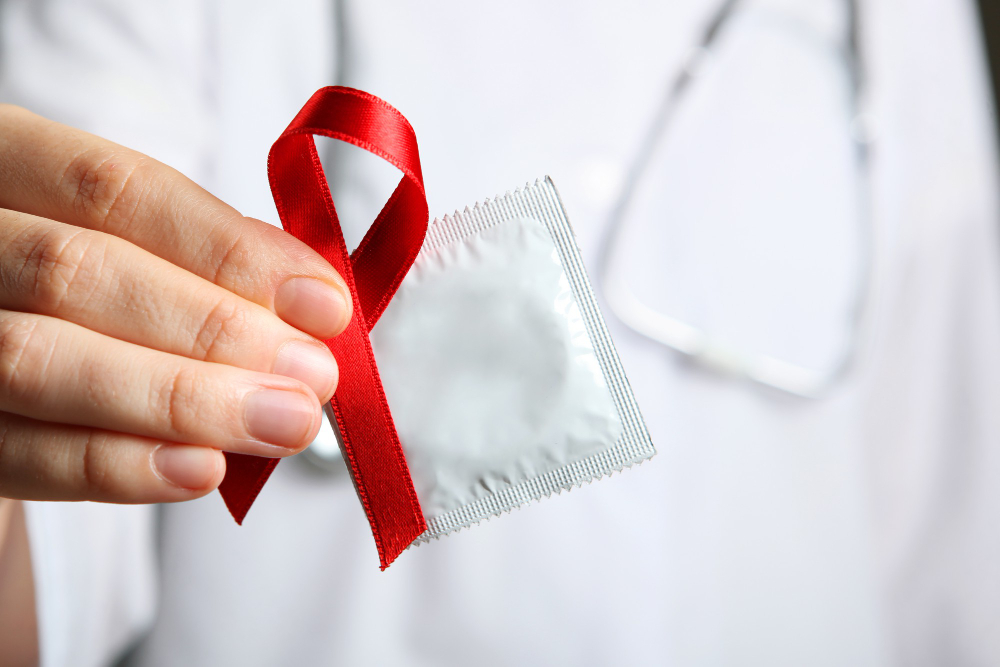The United Nations has emphasized that the decisions made by political leaders this year are crucial for meeting the 2030 target to end AIDS as a public health threat.
According to a recent UN report, global progress in managing HIV/AIDS has been noted, with improvements in new infections, treatment, and a decrease in AIDS-related deaths. Despite these advances, UNAIDS cautions that the progress is still vulnerable and may not meet the set objectives if current trends continue.
The report highlights that nearly 40 million people are currently living with HIV. In 2023, there were approximately 1.3 million new infections, a decrease of 100,000 from the previous year and a significant drop from the peak of 3.3 million in 1995.
However, the current figures fall short of UNAIDS’ target of 330,000 new infections by the end of next year, indicating that significant efforts are still required to achieve the long-term goal.

AIDS-related deaths have also declined, from 670,000 in 2022 to 630,000 last year. While access to anti-retroviral medication has improved markedly, with 30.7 million patients receiving treatment compared to 7.7 million in 2010, this number still falls short of the 34 million target set for 2025.
The most severely affected regions remain Eastern and Southern Africa, where a substantial number of people are living with HIV and experiencing high infection rates and fatalities.
UNAIDS chief Winnie Byanyima has expressed concern that the global response is not aligned with the 2030 objectives. She pointed out that inequalities contributing to the HIV pandemic are not adequately addressed, with stigma and discrimination particularly impacting high-risk groups. These factors prevent many individuals from seeking necessary help and treatment, exacerbating the situation.
In addressing these challenges, Byanyima and UN human rights chief Volker Turk has called for the removal of punitive laws against LGBTQ+ individuals and emphasized that decriminalization is crucial for protecting human rights and health.
They argue that stigma and discrimination hinder effective responses to HIV/AIDS and advocate for solidarity and supportive policies to save lives and meet global health goals.
